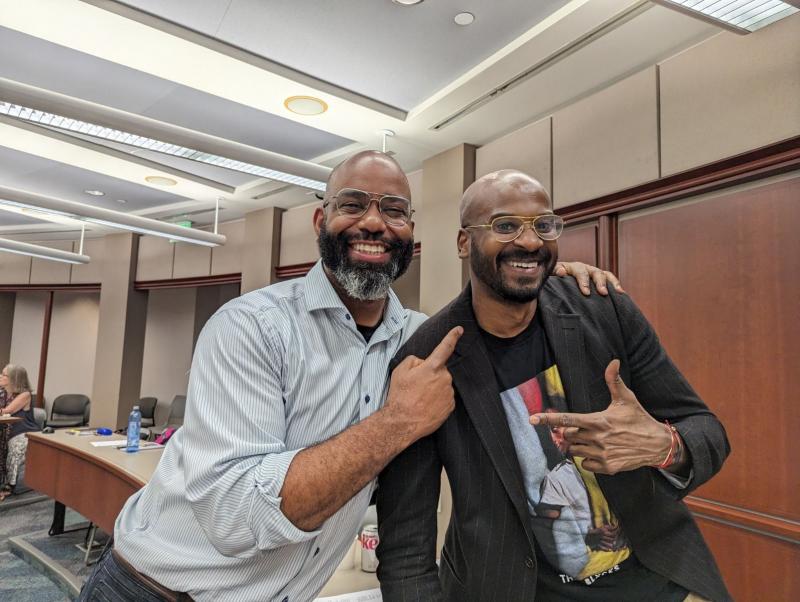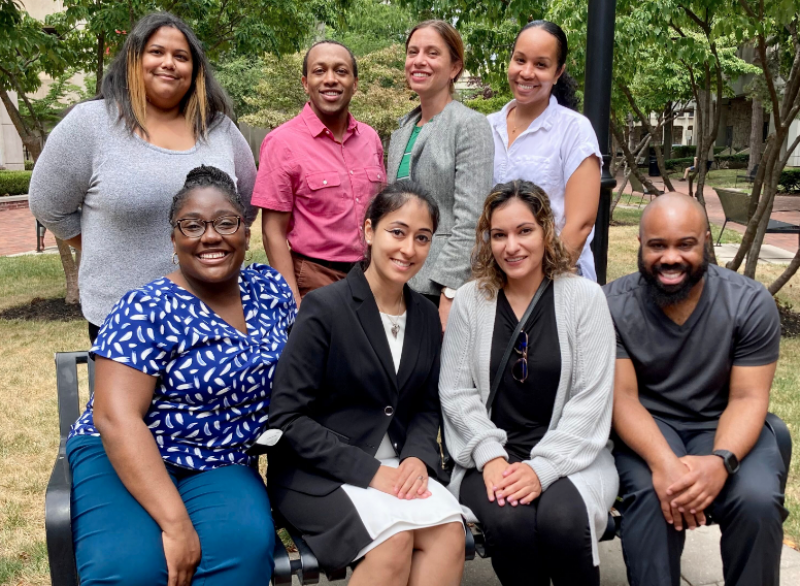 Advancing Knowledge
Advancing Knowledge
The main objective is to advance knowledge about the intersection of race, crime, and justice. This intersection has many expressions, including lynching, police brutality and profiling, the death penalty, inadequate legal protection and recourse, the loss of voting and other democratic rights, the crisis of mass imprisonment, exposure to violence and other forms of victimization, and structurally-based participation in crime.
We seek to produce a body of rigorous and original work on how these dynamics impact the struggle for racial democracy, that is, the full inclusion of all (racialized) groups in the rights of citizenship.
We hope to bolster understanding of the racialization of crime and criminal justice, with a focus on shedding new light on the relevance of race – including it as an identity, ascribed status, a macro-level dynamic – to issues of crime and justice. Existing research on race, crime and justice has failed to adequately capture the “race/ethnicity-effect” in analyses of the experiences of people of color in the criminal legal system.
We work to address three primary concerns that hinder progress towards explaining the race/ethnicity-crime and justice link:
-
reliance on narrow conceptualizations of race and ethnicity;
-
reliance on hypotheses drawn more or less exclusively from criminological and criminal justice theories, which do not take into account the broader racial/ethnic structure of society; and
-
discounted perspectives and interpretations that a broad range of underrepresented scholars bring to bear in examining crime and justice issues.
We seek to learn and communicate through our research new insights, and to contribute to the progress of the fields of sociology and criminology.
See recent research here by RDCJN members that investigates the connections among race, crime and justice, and see here for published RDCJN volumes.
 Supporting Underrepresented Scholars
Supporting Underrepresented Scholars
The second main objective of the RDCJN is to support the advancement of underrepresented scholars of color engaged in the academic study of crime and justice.
Research evidence indicates that early career scholars from underrepresented groups encounter dilemmas, challenges and barriers that complicate their promotion in the academy.
To buffer these obstacles, the Network is comprised of many senior scholars from underrepresented groups who themselves are engaged in research on race/ethnicity, crime and justice. RDCJN makes consistent effort to provide opportunities for publishing or developing volumes to support early career scholars in their academic pursuits. In fact, many members of RDCJN are authors and/or editors of scholarship that we have produced. (See here for recent publications by SRI participants.)
Since 2006, we have assisted early career scholars in their academic advancement by hosting an annual Crime and Justice Summer Research Institute (SRI).
See here for more information on the Summer Research Institute.
Finally, because some early career scholars participate in the RDCJN, but not the SRI, we provide collaboration breakouts and professional development seminars during the annual RDCJN Workshop. The breakout sessions provide opportunities for scholars (from underrepresented and well-represented groups) to help plan, participate in, and take leadership roles in collaborative research and publishing activities.
The professional development seminars cover a variety of topics (e.g., the tenure process, publishing journal articles, publishing books, balancing academic roles, etc.). These extra-SRI activities benefit all RDCJN scholars, and even tenure-track and pre-tenured faculty who seek to further advance their careers.


